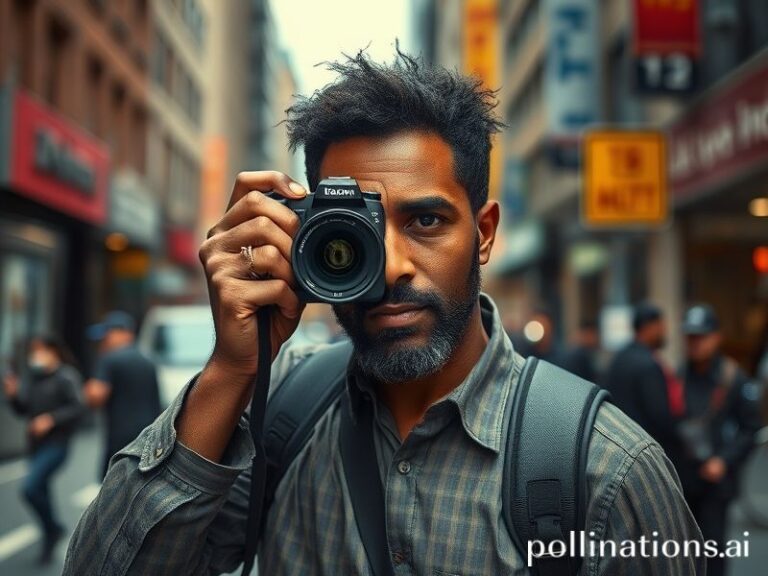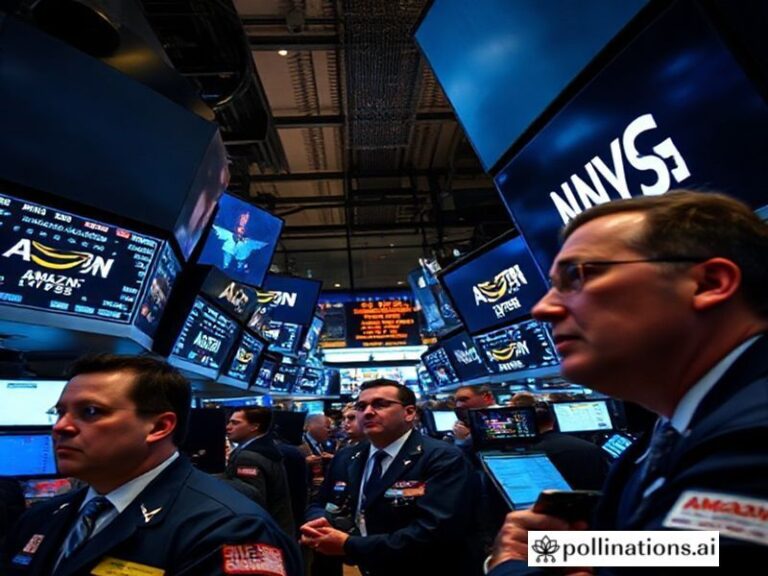Timothée Chalamet: The 28-Year-Old Global Pacifier Keeping Earth Sane (Barely)
Timothée Chalamet: The Accidental Diplomat in a World That Forgot How to Grow Up
By Dave’s Locker Foreign Desk, somewhere between Cannes and the apocalypse
PARIS—On the Croisette last May, citizens of the world’s oldest republic of glamour queued for two hours to watch a 28-year-old New Yorker pout on a 40-foot screen. The film was “The Second Act,” a meta-comedy about actors trapped inside their own press junket; the pouter was Timothée Hal Chalamet, a name now pronounced with the same reverence once reserved for UN Secretaries-General and rock-star cardiologists. One wonders what Dag Hammarskjöld would make of the fact that global soft power has been subcontracted to a man who looks like an anemic Romantic poet but tweets in Comic Sans.
From Seoul to São Paulo, Chalamet has become a floating signifier for whatever the planet most desperately needs in any given news cycle. In South Korea, fans tattoo his jawline onto their forearms—an efficient way, dermatologists note, of ensuring unemployment in any job that requires sleeves. In Nigeria, bootleg T-shirts proclaim “WONKA WAS A PAN-AFRICANIST,” reducing a century of anticolonial struggle to a chocolatier’s top hat. Meanwhile, French intellectuals—who once debated Sartre in cafés—now argue whether Timmy’s cheekbones constitute neoliberal austerity or post-human desire. The answer, bien sûr, is both, plus a dash of Instagram filter.
The numbers are as surreal as the phenomenon. According to a leaked marketing deck, Chalamet’s face generated $1.3 billion in “emotional GDP” last year, a metric invented by consultants who previously measured toothpaste virality. His Dune press tour alone moved the needle on Middle Eastern tourism by 3.7 percent—no small feat in a region where the mere rumor of an American can still empty a souk. Somewhere in Riyadh, a minister of Vision 2030 is drafting a white paper titled “Soft Power via Bone Structure: Lessons from Timothée.” The appendices are classified.
Yet beneath the hair-gel diplomacy lies a darker calculus. The same algorithmic currents that lift Chalamet to stratospheric fame are busy disassembling the planet’s remaining attention span. While he gamely discusses climate change on late-night television, the Amazon loses a Belgium-sized chunk of forest—an irony not lost on the Belgian delegation, who have started screening Call Me by Your Name during EU summits to stay awake. In effect, the actor has become a pacifier for a civilization teething on its own contradictions: a beautiful, bilingual binky that distracts us from the crib fire.
China offers perhaps the clearest case study. When Beijing briefly banned “effeminate” male idols in 2021, state media nevertheless pirated Chalamet’s image to sell knock-off berets. The contradiction was airbrushed by the same censors who removed Winnie-the-Pooh for resembling a certain paramount leader. Somewhere in Shenzhen, a factory now produces two million unauthorized Chalamet action figures per quarter—each missing an arm, because copyright law, like God, is dead but still litigious.
Back home, the United States treats him as a geopolitical Rorschach test. Progressives hail him as the first openly anxious movie star; conservatives mutter that he is proof the West has lost its testosterone. Both camps ignore the Mexican factory workers stitching his likeness onto polyester hoodies for 47 cents an hour—an exchange rate that even the IMF agrees is “pretty on brand.”
What does it all mean? Possibly nothing, which may be the point. In an era when nuclear codes are traded like Pokémon cards, Chalamet’s greatest service is reminding us that beauty still exists, even if it’s mostly leveraged by hedge funds. He is the last court jester at the end of history, juggling our collective anxieties while the castle burns. When the credits finally roll, we may discover we loved the performance more than the plot—a phenomenon psychologists call “aesthetic Stockholm syndrome.”
Until then, the planet will continue to outsource its existential dread to a man whose hair defies both gravity and moral philosophy. And who can blame us? In a world running low on miracles, a good jawline will do.







